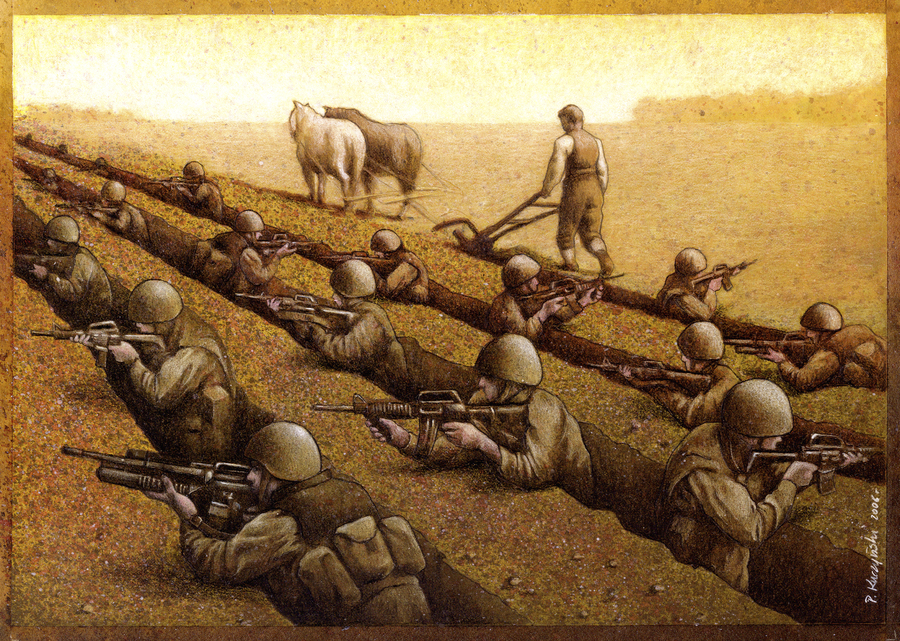
(sculpture depicting the famous
duel between samurai Miyamoto Musashi and Sasaki Kojirō)
"My sword is longer than yours; hence, you have to obey my will"
— what most arguments in favor of the government's legitimacy amount to
Oftentimes, one hears the "consent" argument as a justification for the necessity and moral imperative of keeping the government's laws.
For instance: "You live in America (Canada, New York, Hicksville, etc.); therefore, you have to obey the laws. If you don't like the laws here, go live somewhere else." (A tangential note: the "laws" in this case means "whatever the government said", not "what people's custom is". The distinction is important, as will be seen below.)
Or: "People must obey the ruler's laws, because by living on his land, they showed that they accepted his authority over them." (This argument is used by some halachic authorities regarding
dina d'malchusa dina.)
It seems to me that this argument has a gaping hole in its logic. The argument assumes (and in no way attempts to prove) that the government
a priori has legitimacy — hence, one must either obey its laws or go live somewhere else, since the government has authority either to enforce the laws or expel the law-breakers. But this argument cannot be used to prove that the government's laws are legitimate, since that would be a classical case of begging the question!
Why do people fall for this argument? Because they mistake positive law for natural law. They assume that "whatever the government said" is equivalent to "how most people behave". In many cases, as I previously
explained at length, it is true: the positive law (although illegitimate to begin with) eventually creates patterns of behavior. For instance, if someone wants to drive on the left side of the street, he should go live somewhere else, since most people drive on the right side of the street in this country. Out of respect for the majority of the people (whose custom "was there first"), one must obey the local natural laws (whether or not they arose spontaneously or resulted from oppressive positive law).
But this in no way means that, for instance, tinting your car windows more than 35% (which is illegal in some states) is being disrespectful to local people, just because some local bureaucrat decided to forbid it.
Hence, if I claim that some bully (whether he is an elected politician or a local mafia boss) is illegitimate and, therefore, his laws are illegitimate, telling me that "I live on his turf, therefore, I have to listen to him" is illogical. I live on
what he claims to be his turf (with support of some people), but that in no way makes his claim legitimate, unless the "turf" actually is his property which he can prove to have homesteaded.
Which brings me back to
dina d'malchusa dina: the above analysis shows that the "tacit consent" argument and "
king the landowner" argument are in fact one and the same. Without the second, the first one falls through. But, it seems to me, that if the consent argument is presented as some sort of chiddush, or at least as a
shitta standing aside from the "king the landowner" argument, then the consent argument is simply fallacious.




